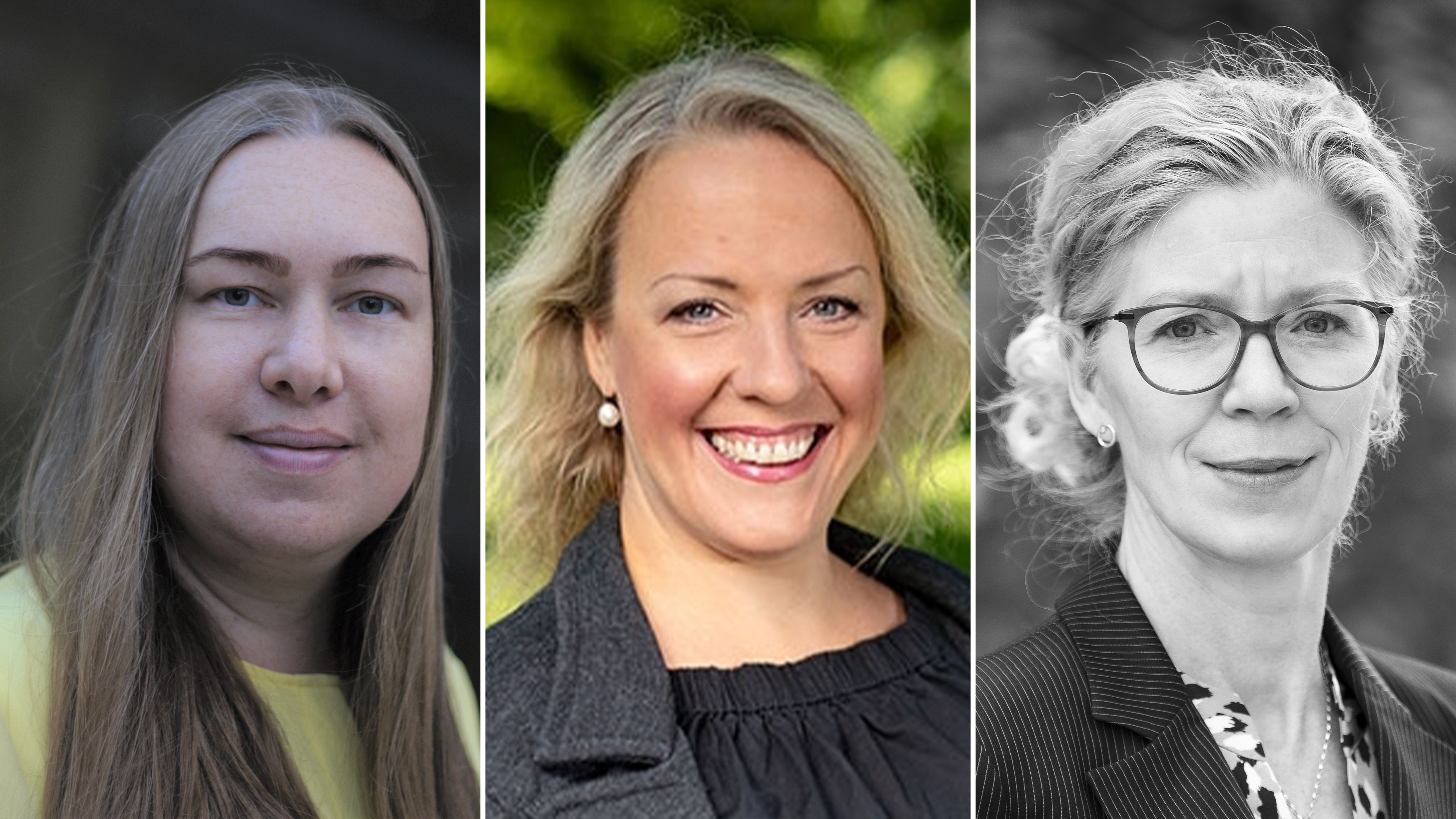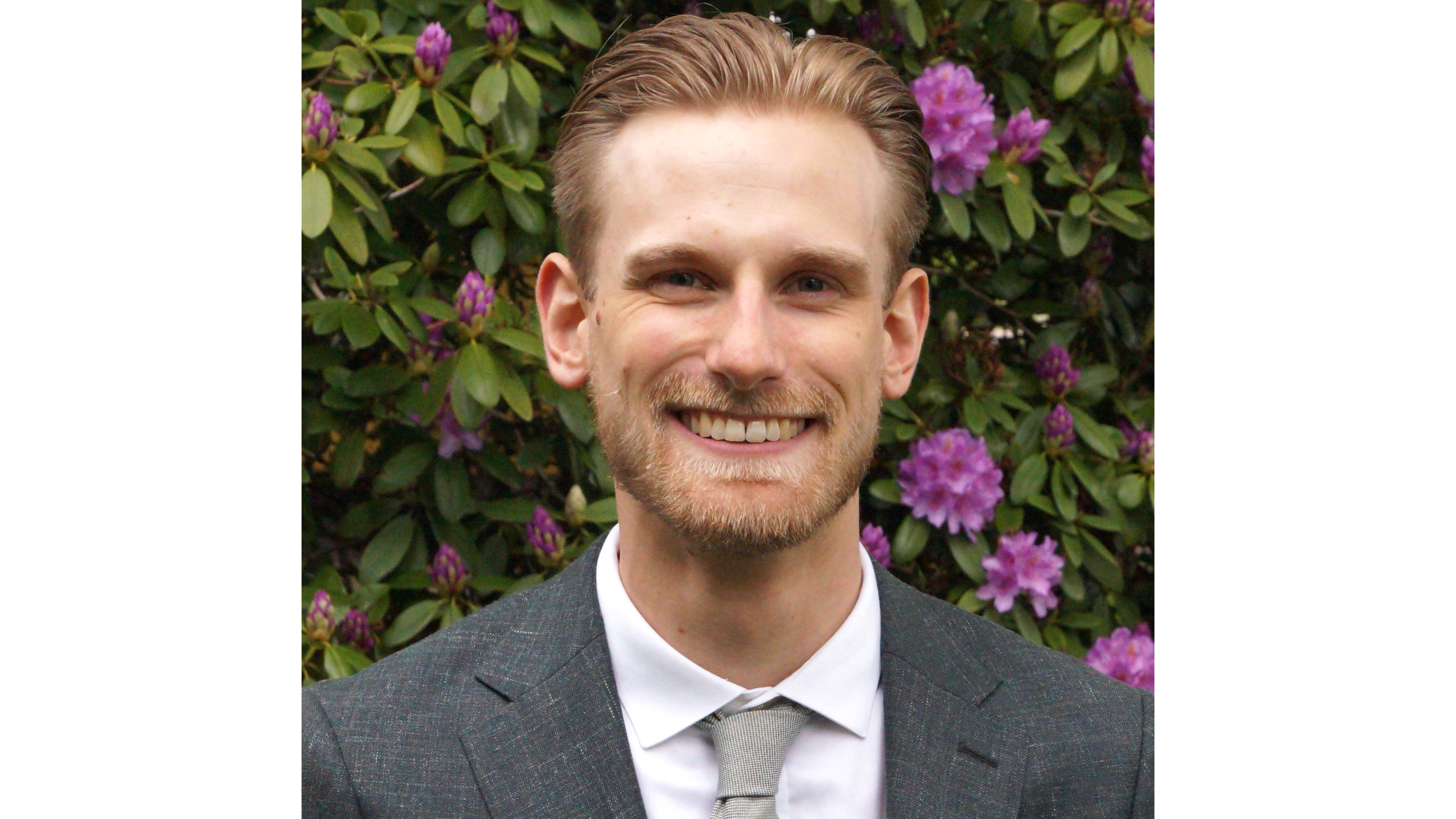The research program WASP-HS is of crucial importance for the future of AI, and in fact for the future of all of us, Virginia Dignum, Wallenberg Chair, Professor of Responsible Artificial Intelligence, stresses in this blog update.
The last few years have seen a huge growth in the capabilities and applications of Artificial Intelligence (AI) and autonomous systems. Hardly a day goes by without news about technological advances and the societal impact of the use of AI. AI is changing the way we work, live and solve challenges. For example, it can improve healthcare, protect elephants from poachers, and work out how broadband should be distributed.
There are large expectations about the potential of AI to help to solve many current problems and to support human well-being, but we are also witnessing an increasing concern are about the potential of AI to do wrong. In particular issues of biased decisions, increased inequality, breaches of privacy, but also how the future of work will look like, and how can we keep AI under control, just to mention a few.
However, we have to realise that AI is in fact a piece of software that we people design. AI is not some kind of magic over which we have no control. No. We people are the ones that make AI happen. Putting it simply, AI is a term that refers to computational techniques and artefacts that are able to perceive and react to their context, and are able to make inferences about how that context evolves. In the last few years, the algorithms, or ‘recipes’, that are behind these calculations have become increasingly more effective and efficient at analysing data about us and about our environment, and with it their impact on society is also becoming much larger. AI and autonomous systems have made human lives easier, but there is no denying that if algorithms go wrong, the result can be disastrous.
All technological change has traditionally been accompanied by fundamental societal changes. We are now at the brink of yet another one. It is up to us to make this a change for the better, for all of humankind and for the environment. This challenge is too large and too important to be left to engineers alone. All fields of knowledge from humanities and social science to art and design are needed to better build, understand and use AI.
Many questions are arising from the development and use of AI. These are fundamental questions about what is intelligence, what is a fair and just decision, how to balance between individual and collective interests, how to solve ethical dilemmas or how automation will impact the labor market, are questions technology alone cannot answer. Answers to these questions require interdisciplinary approaches.
That is why the research program WASP-HS is of crucial importance for the future of AI, and in fact for the future of all of us. The aim of the WASP-HS program is to strengthen research and competence on the challenges and impact of AI, autonomous systems and software in the humanities and social sciences and to build a ground to utilise this expertise to inform society and industry on the design of socially aligned systems and on consequences for industry, society and humanity.
I am honored to be part of this program and truly believe that we all will be seeing an extraordinary things resulting from the interdisciplinary collaborations that are at the center of this program.





